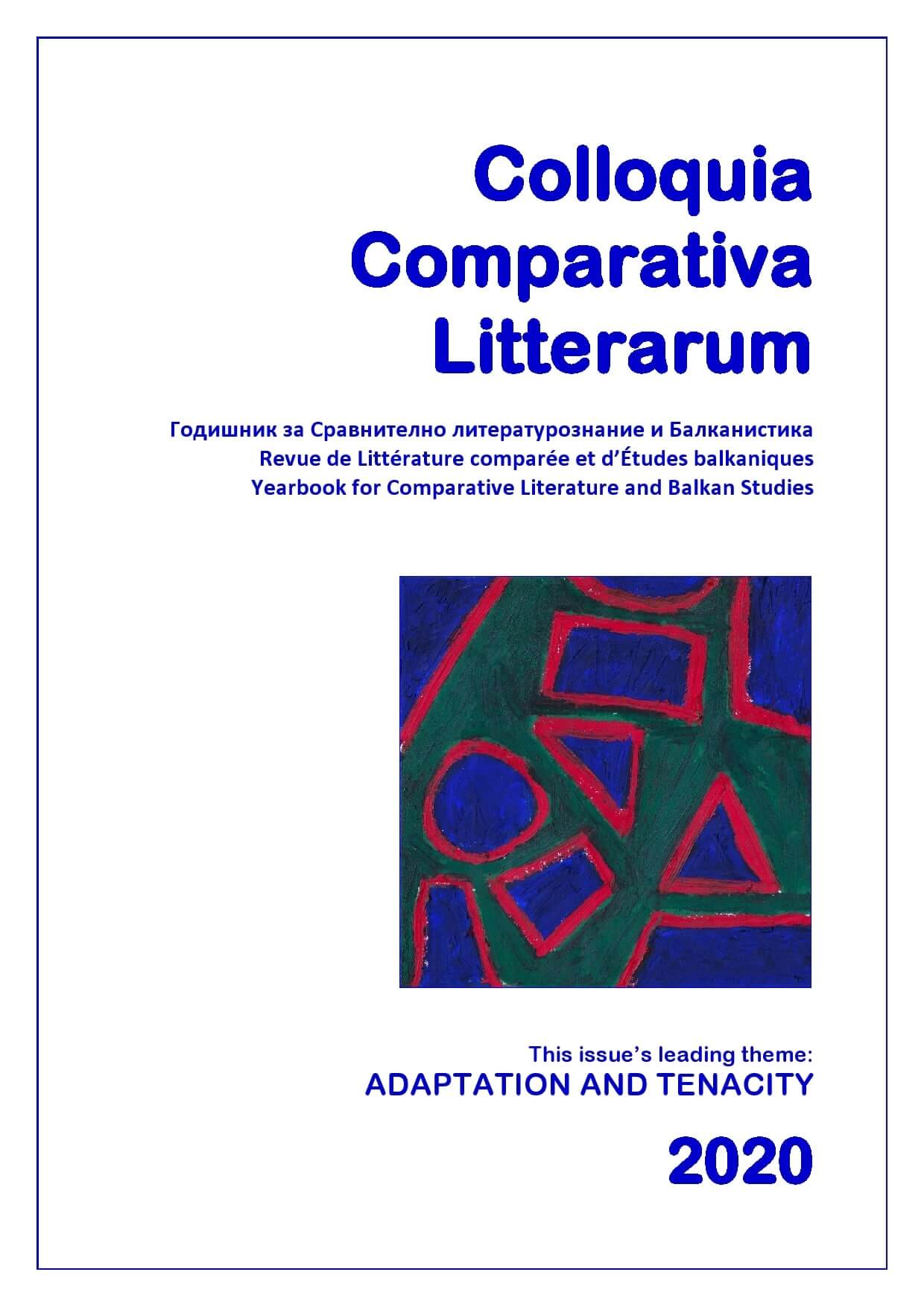Естетическият наглед във Военен дневник на Ернст Юнгер
Aesthetical Perception in Ernst Jünger’s War Diary
Author(s): Vladimir SabourinSubject(s): Politics / Political Sciences, Politics, History, Social Sciences, Language and Literature Studies, Psychology, Studies of Literature, Military history, Recent History (1900 till today), Comparative Study of Literature, German Literature, Military policy, Individual Psychology
Published by: Софийски университет »Св. Климент Охридски«
Keywords: Ernst Jünger; war diary; World War I; war experience; aesthetical perception; rightwing generation; Ivan Meshekov; leftwing generation
Summary/Abstract: In this article I undertake a close reading of Ernst Jünger’s War Diary (1914-1918) as a founding text both of his following literary work and his rightwing political radicalization during the Weimar Republic. The representation of the war experience in the War Diary follows a pattern of detachment which relies on an implicit aesthetical perception. This pattern evolves to a literary form in Jünger’s Strom of Steel (1920) and his war books. The war experience of the young apolitical volunteer is subjected latter on to an ideological reshaping and rewriting in Jünger’s evolution to an emblematic figure of the so-called “conservative revolution”. This ideological reshaping configures an (rightwing) political subject who leans on the shining and blindness of the aesthetical perception. The article is a part of a larger comparative study confronting the key role played by the experience of World War I in the work of Ernst Jünger and the leftwing Bulgarian literary critic Ivan Meshekov.
Journal: Colloquia Comparativa Litterarum
- Issue Year: 6/2020
- Issue No: 1
- Page Range: 60-75
- Page Count: 16
- Language: English, Bulgarian

